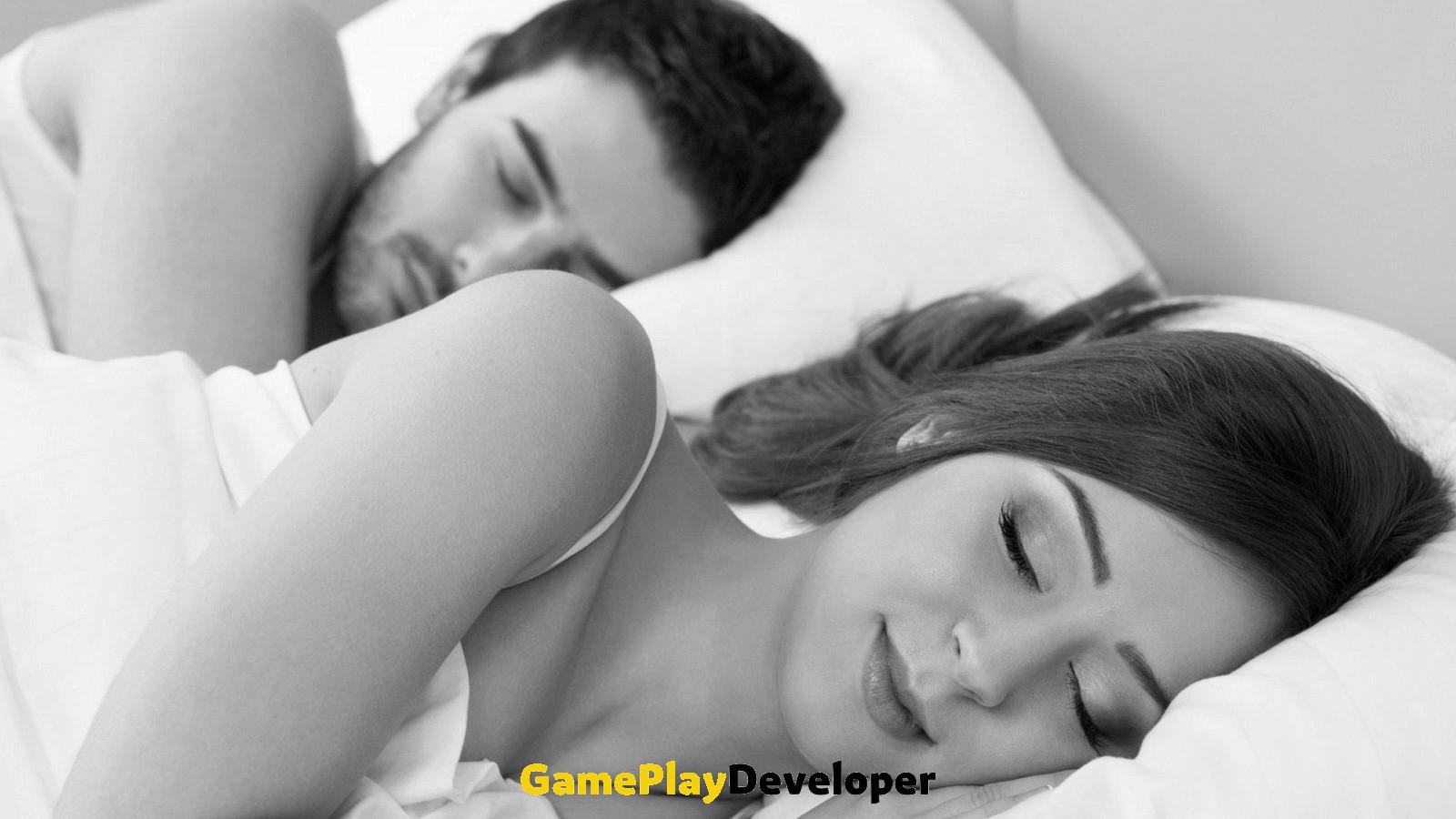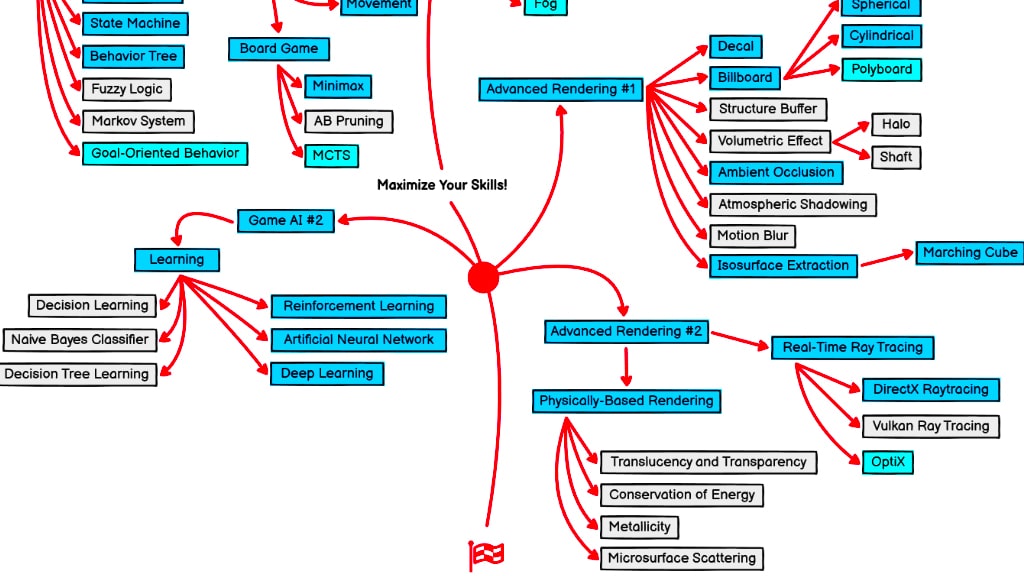Right facing or left facing? Or is it face down? Which sleeping position is better?
It can be very difficult to fall asleep during these stressful times. That’s why you want your sleep to be of the best possible quality. While …

It can be very difficult to fall asleep during these stressful times. That’s why you want your sleep to be of the best possible quality. While there are many different offers from avoiding blue lights to counting sheep while reading, The state in which we sleep can also have an invaluable impact on our sleep quality and well-being.
During sleep, we can lie facing left or right. Okay, but which side is better for you to sleep facing?
When you lie on your right side: Beware of the risk of reflux
Most people’s stomachs are located on the left side of the abdomen. Therefore, its contents are more likely to stay in place with the help of gravity when you lie on your left side. Raised position of your stomach when you turn to your right side can put you at risk for reflux . However, this may not apply to everyone.
Reflux occurs when stomach contents back up into the esophagus, causing a burning and painful sensation that can cause significant discomfort or even ulcer formation. Giving your body some time to digest food before bed is one way to reduce your risk of reflux.
Lying on the right: Not always bad
Sleeping on the right side has been associated with easier breathing in people with sleep apnea, although the left side certainly seems to be an appropriate choice for people with stomach problems. The 2011 study took a cluster of people in this situation and rated what it was like to sleep on the left side, right side, and on the back in terms of the severity of breathing effort.
The authors of the study, We found that sleep state has a valuable influence on apnea events and [sleeping position on the right side] reduces the frequency of obstructive breathing events in patients with moderate to severe disease.” says.
Heart patients prefer to sleep on the right.
The exact systems involved in sleeping on the right side with more appropriate breathing are not entirely clear, but have been further examined by a 2018 study that examined echocardiographic changes in sleep states. They found that patients with heart failure preferred to sleep on their right side. This suggested that there was a self-protective system to restore heart function that the person was probably not even aware of doing.
The worst thing is to lie face down?
There seems to be conflicting arguments about harmony on the left and right, depending on your health. But in the case of face-down harmony, things are a little clearer. Sleeping on your stomach causes a significantly higher increase in intraocular pressure (fluid pressure in the eyes) than sleeping on your side, which can lead to glaucoma, optic neuropathy and vision problems.
Sleeping on your face is also more likely to affect your skin, putting you at greater risk of developing wrinkles than alternative conditions that put less pressure on your face. These scars, known as sleep lines or sleep wrinkles, are caused by the tension coming from our pillow and crush our face at the points where gravity and resistance meet pressure and tension.
On average, we change sleep position 20 times during the night, and the longer we stay in one spot, the more chance it has to affect our skin. Sleep wrinkles tend to form in slightly different places than the wrinkles we get from facial expressions. While sleeping on your back is the best way to avoid these, the supine position can cause breathing difficulties, leading to snoring and sleep apnea.
As always, if you’re experiencing pain, breathing or digestive problems, it’s best to talk to your healthcare professional. But making sure you have a proper sleep pattern and change your state throughout the night can be a valuable way to improve your sleep.







